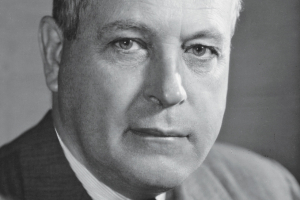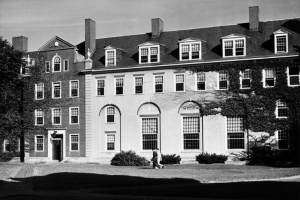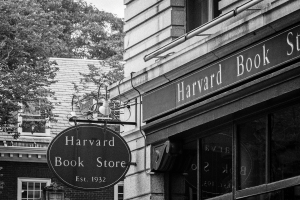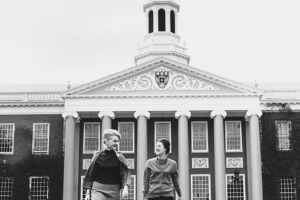If you knew then what you know now, what could you have done to be a better leader?
When your classmates include a two-term governor, a U.S. Senator, CEOs and board chairs of Fortune 500 companies, and countless heads of nonprofit, volunteer, and educational organizations, extraordinary leadership qualities seem to be par for the course.
But, as Harvard Business School's Class of 1963 found out, being a leader and being an effective leader are two different things. Now at the stage of their lives when expressing some self-doubt and flaws is not a career-limiting move, the Harvard grads are surprisingly candid about where their leadership skills fell short.
They cite their inability to delegate, their lack of humility, their willingness to be too patient, and — in the case of one grad — a deficit of ego and charisma.
The leadership role for many was thrust upon them before they were even dimly prepared to take it on. The undeniable lesson is that leadership is not a birthright or a gift, but a skill developed and finessed with practice over many years.
The greater moral of this story is that self-awareness and a humble demeanor can serve a leader well. As one Harvard grad said so simply, yet powerfully, “I would have been a better leader if I had been less cocky in my early career, and more confident in my middle career.”




